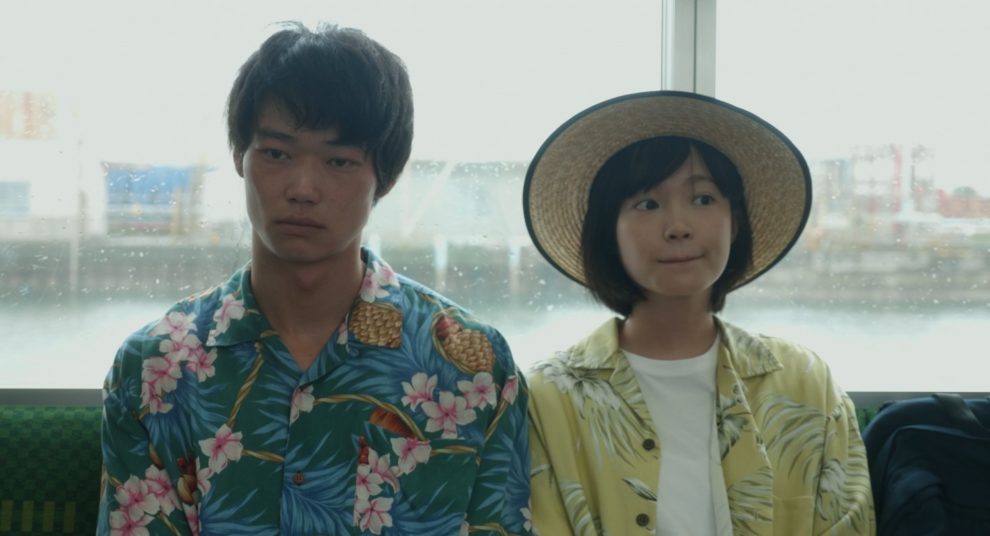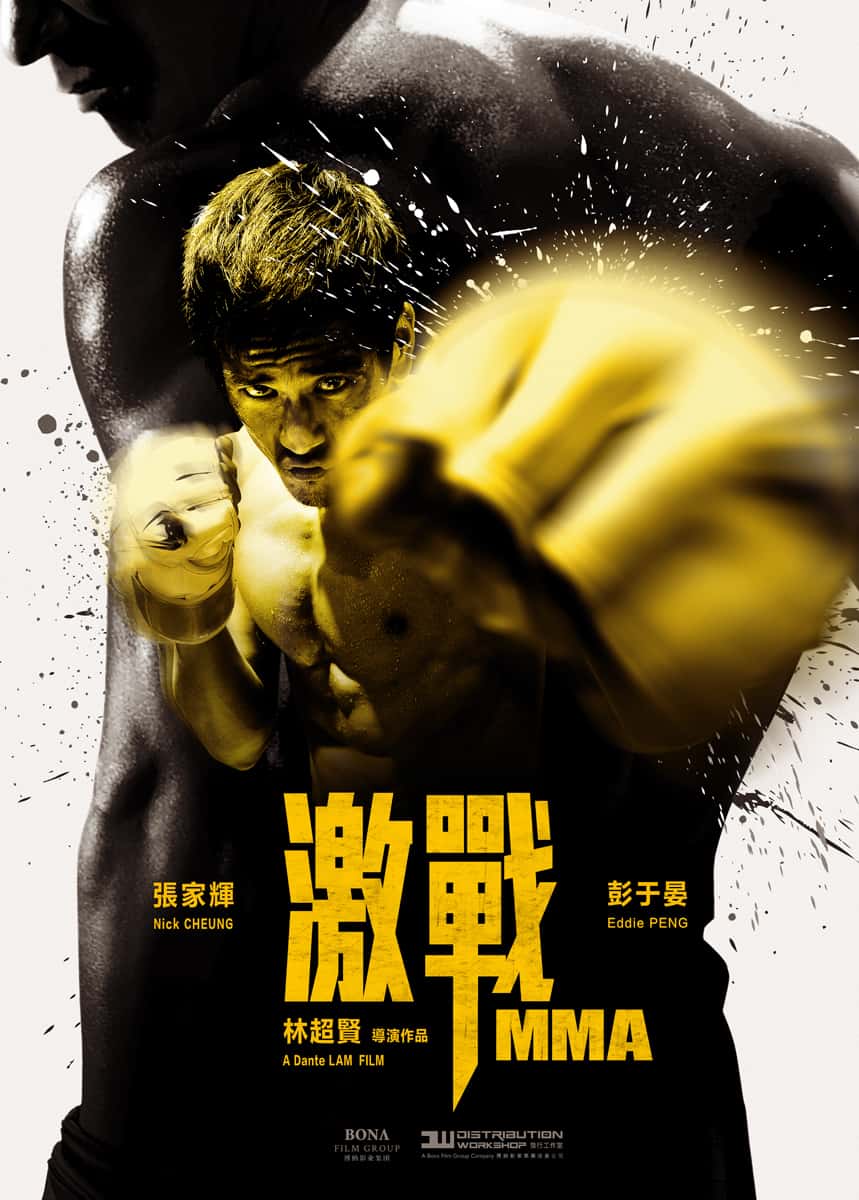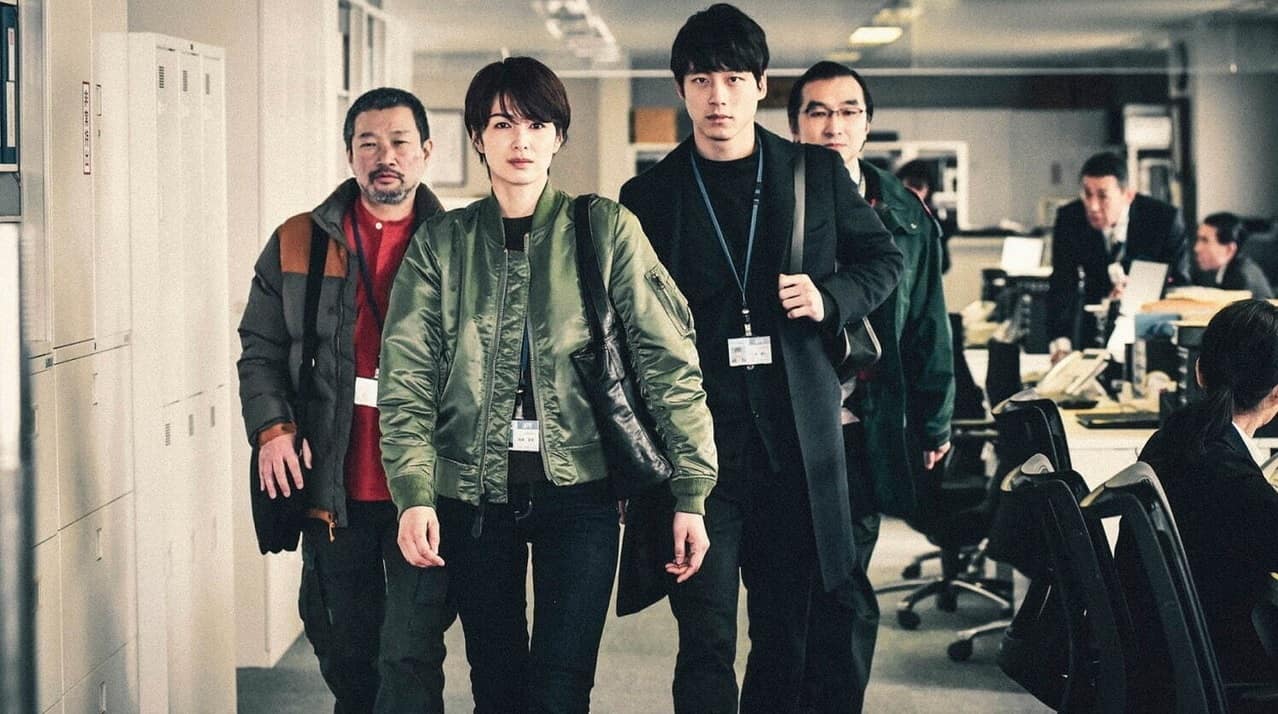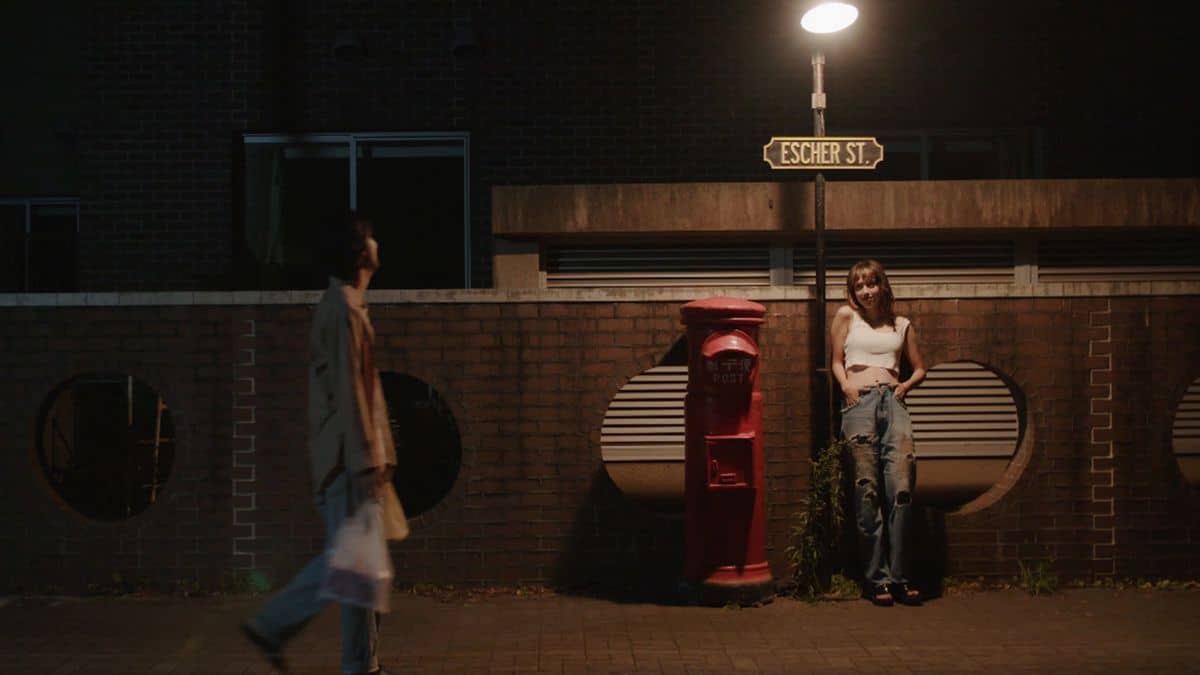After his multi-awarded debut, “Excited Death“, Kohei Inoue returns to Magazine Japanese Film Festival with his second feature, where he, once more, brings two strangers together, although this time, through an approach that implements much surrealism on a number of levels.
The main arc revolves around singer-songwriter Sora, who is struggling in her line of business, since her recording company seems to want her to write songs that do not appeal to hear, thus resulting in a creative block for the young musician. To make ends meet, she works in a small cafe of an ex-recording engineer who fancies himself as something of a mentor. Her life changes after she moves to an apartment complex in Dong Teng Town, in a furnished condo, where she discovers a number of recorded tapes in a closet, by the previous tenant. The man, Tokio, is a painter of forged paintings and he keeps a recorded diary that highlights his whole life. The more Sora listens to the tapes, the closer she feels to him, to the point that he eventually materializes in her life, in a rather surrealistic turn. The third axis revolves around a young boy who is introduced in a hilarious scene in the cafe, who deals with hypnotism after an interaction with Tokio, while he also feels the first shivers of love for a classmate.
Kohei Inoue directs a very tender movie that deals with a number of topics through an approach that is surrealistic and realistic at the same time. The issues artists have to face in the commercialized, highly competitive contemporary market is the most obvious one, with Sora having to find tunes that will satisfy as many people as possible, and Tokio turning to forgery in order to make a living for him and his mother. This last element brings us to the next comment, one that seems to be omnipresent currently in Japanese cinema, that of lack of parenting. In this case, both protagonists (and the boy actually) seem lost in life due to their parents either being completely out of the picture, or just a burden in the case of Tokio.
The sense of loneliness many youths experience in contemporary Japanese society is another theme, with Inoue suggesting, however, that companionship can appear out of nowhere, even from one's own mind in the case of Sora. At the same time, the story suggests that it is this companionship that can provide a solution to all the aforementioned issues, including the lack of inspiration.
The narrative approach Inoue uses, of bringing together two people that are not actually together, may not sound ideal in the beginning, but works quite well for the narrative, providing a romantic element that adds to the entertainment the film offers, and does not feel disorienting at all, despite the fact that, by the end, another layer is also added. This aspect also benefits the most from the acting, with Ryo Sato as Sora and Sho Kasamatsu as Tokio giving measured performances that suit the overall aesthetics quite nicely, while also highlighting their chemistry and their evident charisma.
The cinematography is also quite good, focusing on realism but also including a number of images of beauty, like the long ones of the apartment complex. The editing implements the overall mellow atmosphere nicely through a mid-tempo, with the same applying to Shinichi Sugawara's pop/folk music.
“Dong Teng Town” is a beautiful film that manages to communicate its many comment in a direct but subtle way, while the story, the humor and the acting take care of the entertainment aspect.















